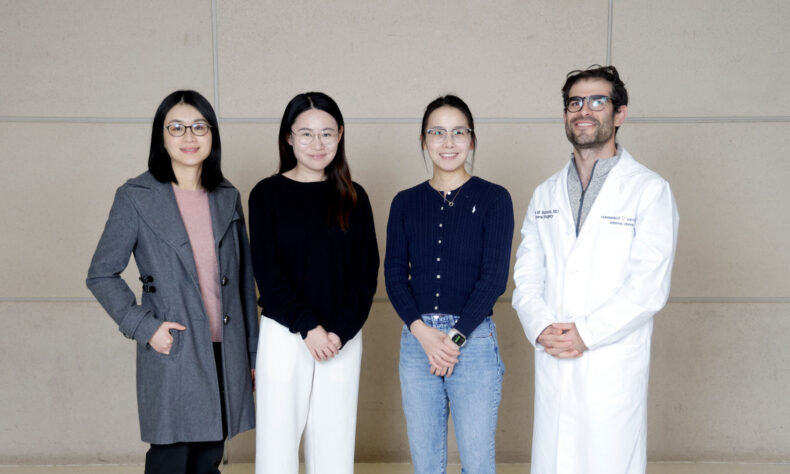
January 9, 2026
Weight loss drugs and bariatric surgery improve the body’s fat ‘balance:’ study
The retrospective study analyzed the electronic health records of 1,257 patients ages 18 to 65 who underwent bariatric surgery at Vanderbilt Health from 2017 to 2022, and 1,809 patients treated with the drugs semaglutide or tirzepatide from 2018 to 2023.
By Guillermo Sanchez, PhD


